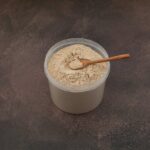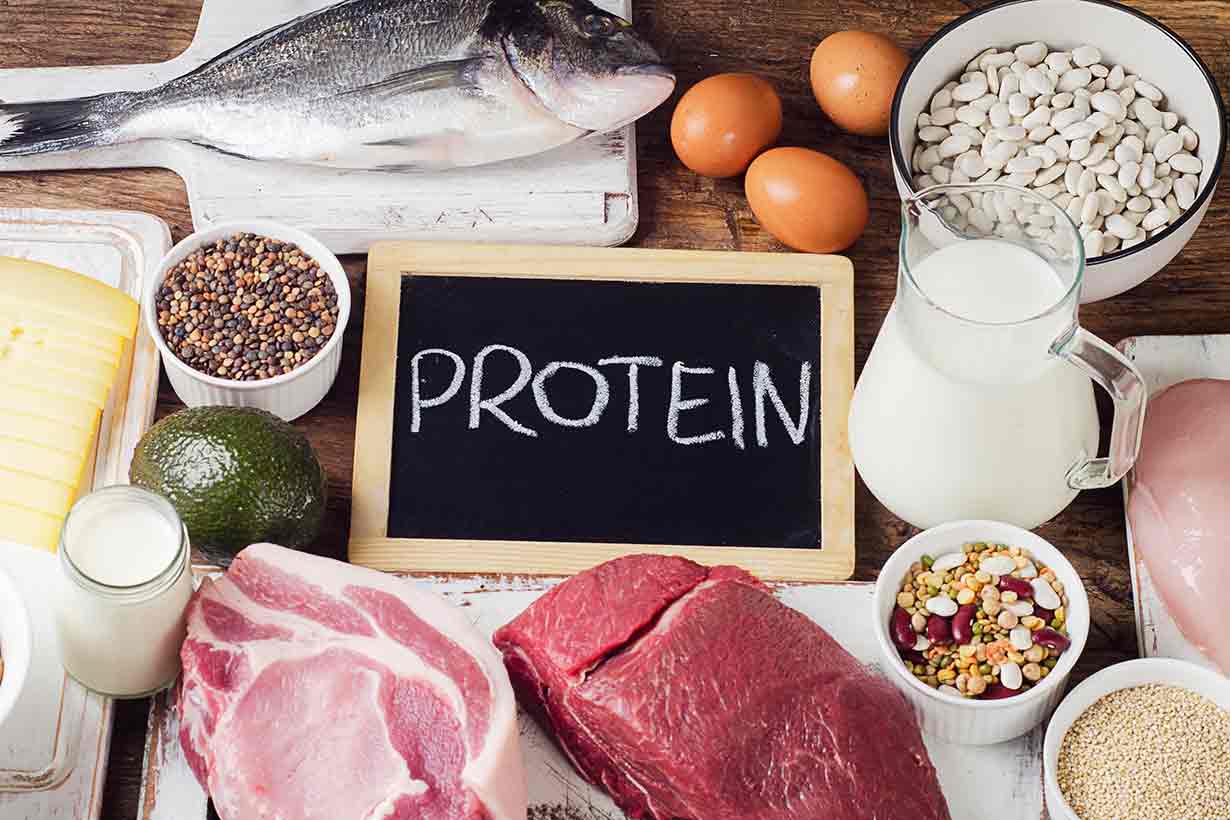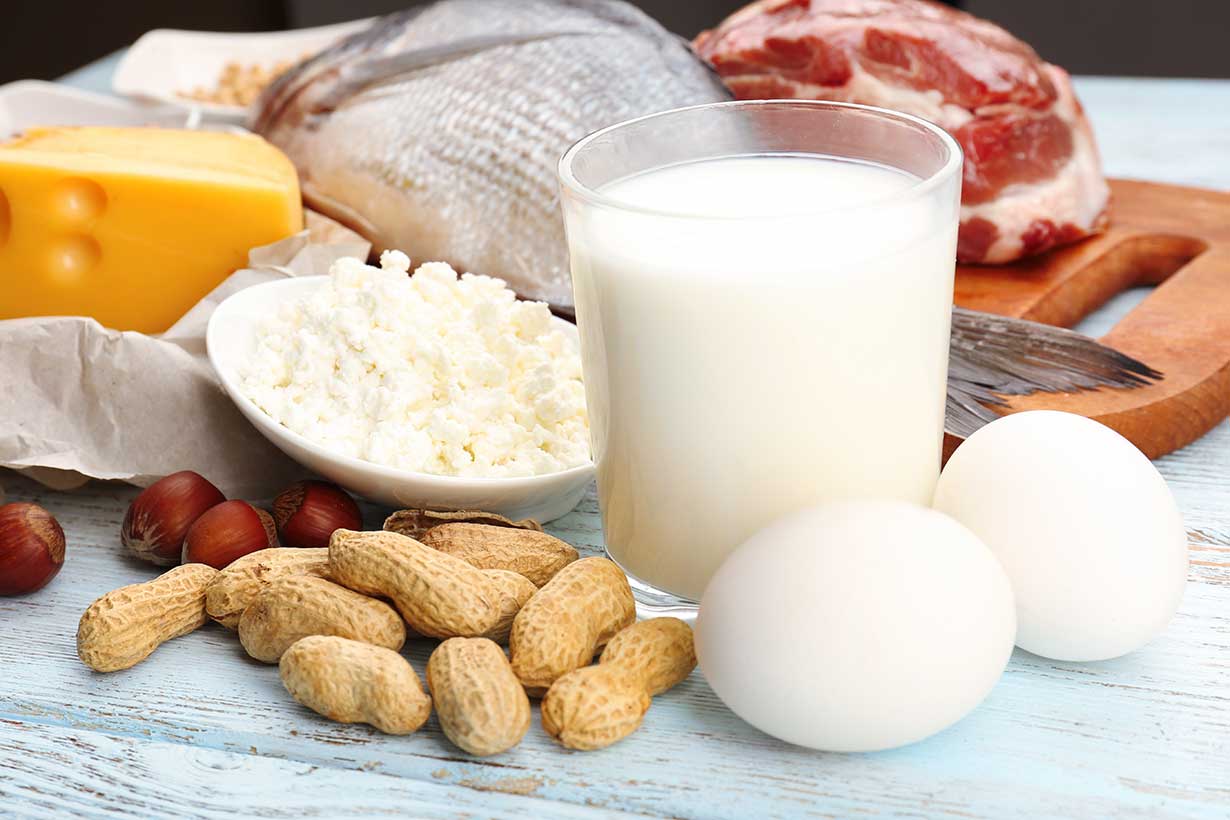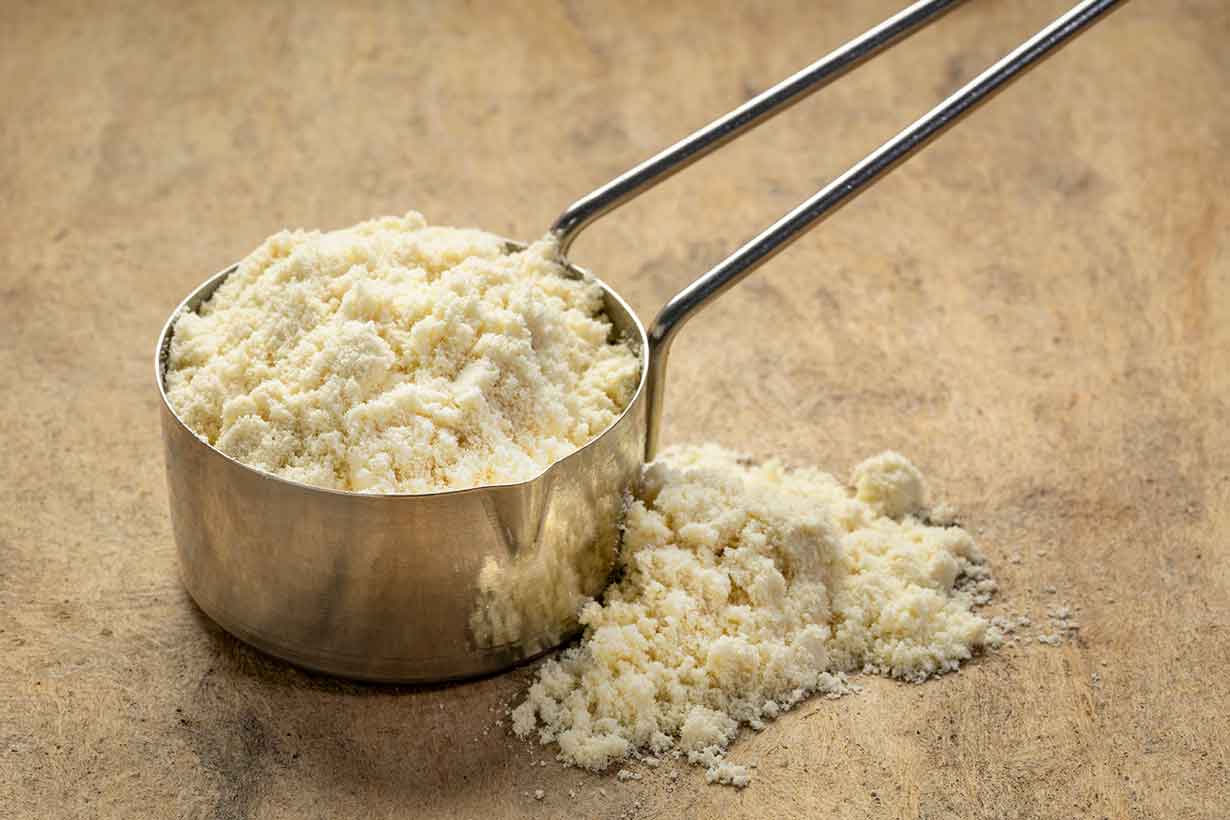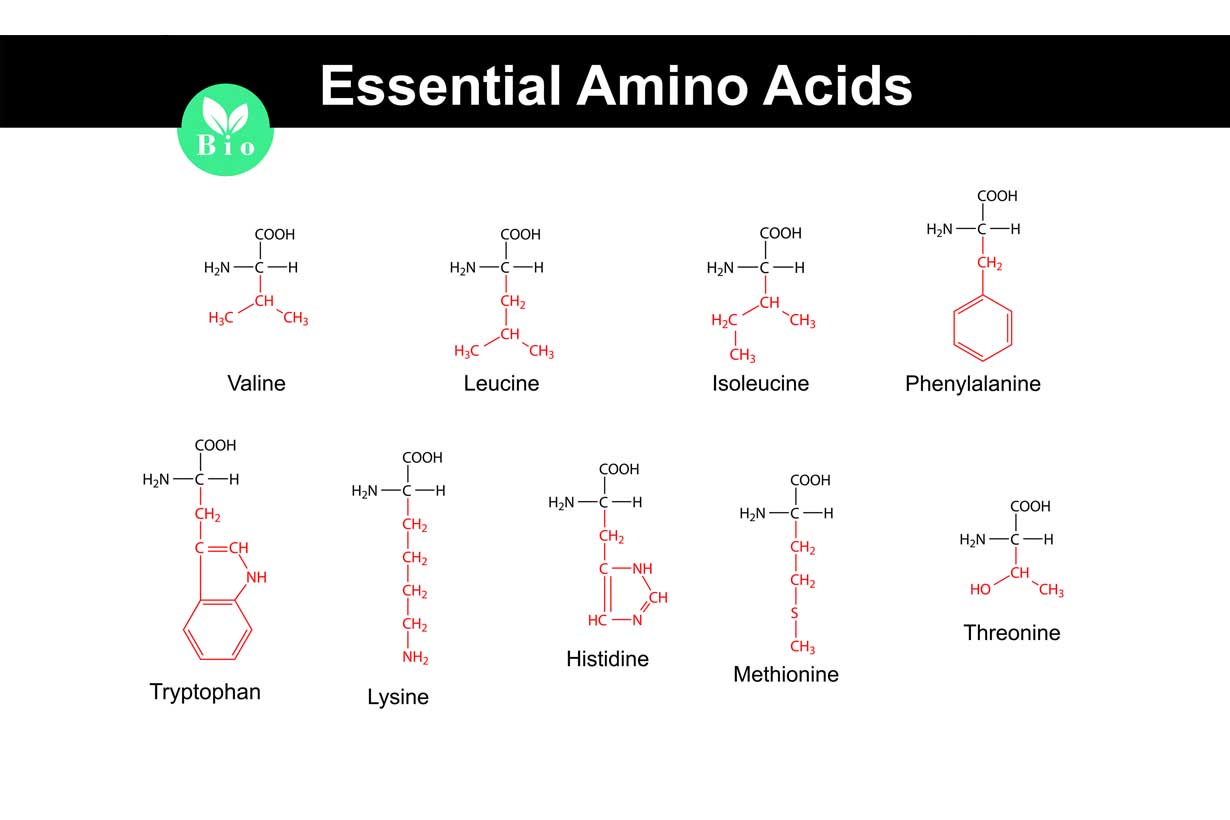
Dietary protein has several important benefits for our health.
Depending on our lifestyle and activity levels, the optimal amount of protein we need can vary by a significant amount.
However, some people—particularly the elderly—may not be consuming enough.
This article provides a research-backed look at the potential harms of protein deficiency.
As part of this, we will examine nine symptoms of insufficient protein intake.
What Is Protein Deficiency?
Protein deficiency refers to a protein intake that is too low to support the optimal function of the body.
In the case of a genuine, chronic deficiency, protein deficiency diseases can develop, and they often have severe side effects.
Sadly, these diseases often afflict people living in poverty and famine.
While a true protein deficiency is rare in the Western world, many people are still consuming too little.
This fact is important because even a mild protein deficiency can potentially cause long-term issues.
Symptoms of Protein Deficiency
Here are nine common signs and symptoms of protein deficiency, ranging from severe to mild.
1) Protein-Energy Malnutrition (PEM)
In the case of a severe and prolonged lack of dietary protein, a type of ‘protein-energy malnutrition’ (PEM) may develop.
Firstly, this is not something that can just happen from slightly under-eating protein, and it is very uncommon in the developed world.
Unfortunately, this disorder “almost exclusively” affects children in developing countries, and a significant 38% of these children experience stunted growth.
On the more severe side, 10% of children in developing Asian countries and 8% in developing African countries suffer from extreme wasting (1).
Two of the most severe PEM conditions are called kwashiorkor and marasmus.
The first of these, kwashiorkor, is the result of extremely inadequate protein intake, and it can result in cardiovascular, immune, and metabolic problems. In severe cases, it can even cause coma and death (2).
Marasmus is another severe form of malnutrition. In contrast to kwashiorkor, marasmus can occur when there is a prolonged lack of energy intake from all macronutrients, including but not limited to protein.
2) Overeating and Food Cravings

Interestingly, not getting enough dietary protein can lead to food cravings and overeating.
The reason for this is due to protein’s effect on satiety.
For example, research demonstrates that protein is more satiating than carbohydrate and fat (3, 4).
Generally speaking, this means the more protein we consume, the less likely we are to feel hungry and want more food.
These satiating effects seem to start at around 1.2 grams of protein per kilogram of body weight, and at least 25-30 grams of protein at each meal (5, 6).
Furthermore, results from randomized controlled trials support these findings. Several different studies show that participants on high-protein diets experience fewer food cravings than those on lower protein diets (7, 8, 9).
As this data suggests, persistent hunger cravings may be a sign that protein intake is too low.
3) Hair Loss
Nutrition can affect many different parts of our body, and this includes our hair.
When we consume protein, it breaks down into amino acids.
Our body uses these amino acids as “building blocks” for multiple processes, including the growth and repair of hair and cells.
For example, providing our body with a sufficient supply of amino acids boosts the production of keratin, which is the main structural protein found in hair (10).
Therefore, it is not surprising that nutrient inadequacies—including protein—can result in hair loss (11).
Harvard Medical School states that hair loss can be caused by nutritional problems, “especially a deficiency of protein” (12).
Further studies show that a lack of dietary protein can cause structural problems and hair loss, especially in postmenopausal women (13, 14).
4) Muscle and Strength Loss

There is an anabolic response to protein, and this macronutrient helps us to build and maintain muscle (15).
Consuming too little protein can make it hard hold on to muscle, which can lead to declines in lean muscle mass. Since lean muscle mass is associated with a range of positive health effects, this is not something we want.
Studies demonstrate that low protein diets frequently lead to muscle loss. These low-protein diets can be more of a problem when someone is dieting because higher protein intake becomes essential to preserve muscle mass on low-energy diets (16, 17).
Unfortunately, the adverse effects of protein deficiencies are even more prominent in the elderly.
For older people, studies show that less than 1-gram of protein per kilogram of body weight may negatively affect strength, physicality, performance, and muscle mass (18, 19).
5) High Blood Pressure
High blood pressure may be another symptom of not getting enough protein.
Although it is not a traditional intervention, recent research suggests that sufficient protein intake is vital for maintaining healthy blood pressure.
For instance, a recent study analyzed data from following 1,361 adults for 11 years.
Interestingly, this research suggested that high protein intakes were associated with lower blood pressure.
Further, the participants who had the very highest protein intake had a 40% reduced risk for developing high blood pressure (20).
Also, a meta-analysis of 40 randomized controlled trials confirms that higher protein intake “significantly reduces” blood pressure.
The researchers of the study go on to say that consuming more protein, “may be important for the prevention of hypertension” (21).
In other words; not consuming a sufficient amount of protein may cause higher blood pressure levels.
6) Unhealthy Hair, Nails, and Skin
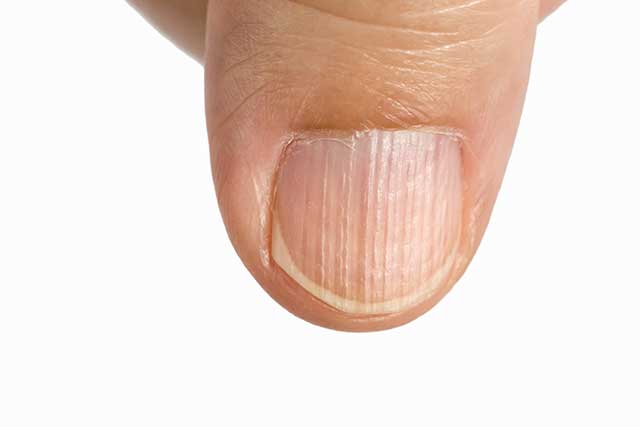
A diet lacking in protein may lead to visible changes in the health of hair, nails, and skin.
Studies show that inadequate protein consumption can (22, 23, 24);
- Cause raised ridges and white lines to appear on nails
- Lead to the appearance of cutaneous skin lesions in severe protein deficiency
- Result in changes to hair color
Although there are no specific studies on this, many people claim that excessively low-protein diets can lead to “dull looking” skin and hair.
7) Low Protein Intake May Weaken Bones
Protein plays an important role in the health of our skeletal system.
As a result, an excessively low-protein diet could lead to potentially severe side effects for bone health, particularly in older adults.
One study suggests that a high-protein diet is necessary for maintaining bone health in the elderly.
Interestingly, the authors define ‘high-protein’ as more than 1.5 grams per kilogram of body weight (25).
Further clinical trials on this topic concur that protein may benefit bone health, and the researchers behind two recent trials stated that (26, 27);
- Higher protein intake may help bone health when combined with sufficient calcium.
- Protein intake above the current RDA may help to prevent bone fractures and loss of bone mass density.
8) Lower Immunity
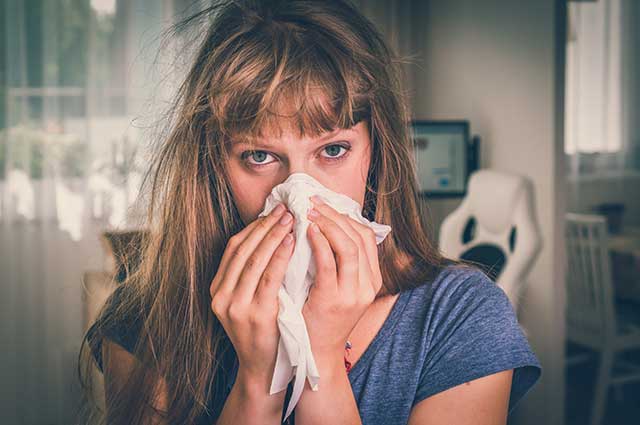
Our immune system relies on several key “ingredients” to function properly.
Among these requirements are various vitamins and minerals as well as protein.
Without an adequate intake of protein, the whole immune system would not be able to function correctly.
- A deficiency in protein may reduce the immune system’s ability to fight infection (28).
- An amino acid deficiency raises the risk of various diseases due to immune system impairment (29).
- Protein-energy malnutrition results in a significant impairment of immune response (30).
9) Slow Recovery Time
Since protein is essential for the growth and repair of our body, not consuming enough can significantly slow recovery time (31).
This recovery time could mean recovering from a regular workout at the gym, or it could refer to a competitive athlete undergoing physiotherapy to recover from an injury.
No matter what the situation, recovery time and repairing damaged muscle will be slow in the presence of an amino acid deficiency.
For anyone with gym experience, you may have noticed extensive muscular soreness following a workout at some point.
Total dietary protein intake can influence this level of soreness and how quickly you can recover from it.
How Much Protein Should You Aim For?
There is no universal amount of protein that is the right fit for everyone.
Furthermore, most healthy people who consume a standard diet that includes animal foods should have a sufficient protein intake.
However, some groups of people may need to place greater emphasis on getting enough protein.
First of all, older adults and competitive athletes will have higher protein requirements than the average person.
Vegetarians and vegans tend to have a greater risk of protein insufficiency too.
For this reason, it is crucial for anyone cutting animal products out of their diet to ensure a well-planned, protein-adequate eating plan.
But just how much protein is a good amount to aim for?
This guide takes a look at some of the research: How Much Protein Should You Eat Per Day?
Should you need to increase protein intake, see here: 20 of the highest protein foods.


